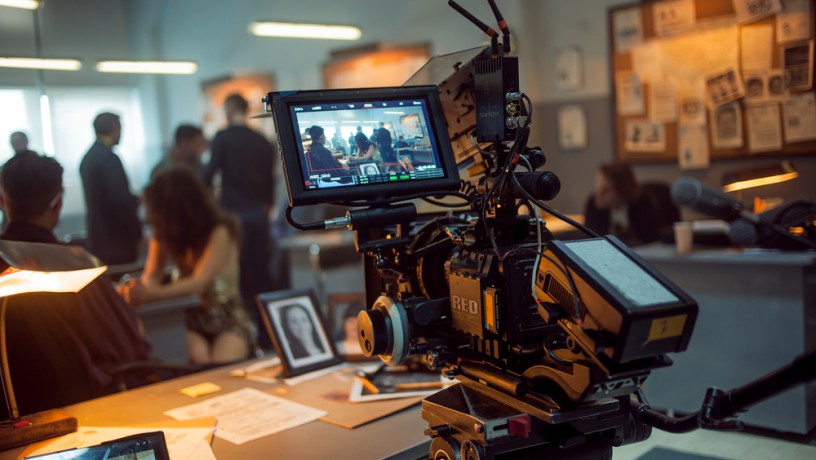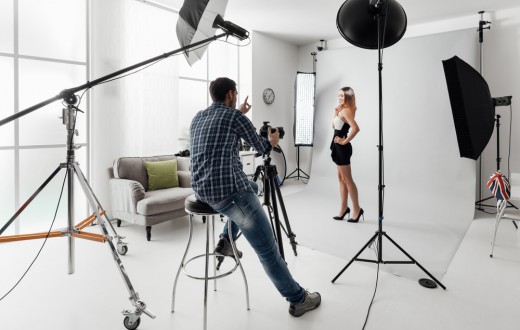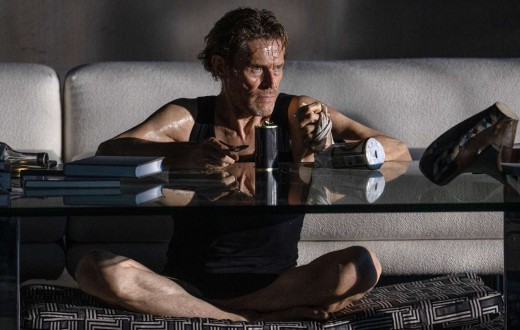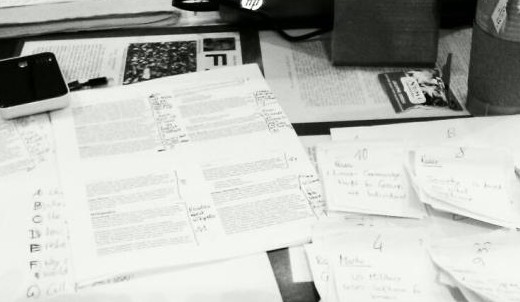When an actor comes to study with me for an audition the first thing we do is “kill the plan.” Somewhere in their preparation they’ve had what I call, the “performance fantasy.” Instead of imagining the world of the character, they’ve actually imagined how they will play the scene.
Among beginning actors there is a perception that their power is in direct proportion to their ability to be emotional. As a result their audition usually consists of some histrionics and a big dramatic moment.
The problem with this is that it limits possibilites and ultimately leads to a predictable performance. The audience starts to see the “plan.” The actor has everything lined up just right, and if they are any good, they will deliver an energized and possibly entertaining performance.
But it’s not the real stuff. It looks like acting. We don’t pay $20 at the movies or hundreds of dollars at the theater to watch acting that looks like, well, acting. It’s 2017. We want to see people – living, breathing human beings that we can relate to, that move and inspire us, and that will excite us with their unpredictability.
This leads us to the ultimate question, and a subject that is highly debated, in actor training: How do we deliver an unpredictable performance? Everyone seems to agree that unpredictability is the desired effect. But the how is filled with false data.
There is one school of thought that teaches, “do the work so you can be free and forget about it.” In other words in order to be spontaneous it takes careful crafting and planning, so that you can then “let it happen” – and that’s the only way you can repeat it eight shows a week.
The other school of thought favors intuition and instinct over academic, structural analysis. It’s not a trick. The reason why certain actors are so “dangerous” – i.e. unpredictable – is that they don’t know what they are going to do at any given moment in a scene. Both audience and actor are surprised by a bold move he makes in performance.
This is what happens when he allows himself to respond to an instinct. Again, it’s not a trick. They allow themselves to respond to an impulse and follow their instincts wherever it may lead. It’s not a plan. No slight of hand. The actor is really surprising himself and in turn he’s surprising you the audience.
However, some actors are simply not comfortable working this way, and some directors are down right terrified to work with an actor who does this, as they want to know what they can count on.
If an artist is truly meant to be an artist then it’s not going to come from connect-the-dots/paint-by-numbers acting. It’s going to come from a raw, visceral response to their exploration in the moment – just like life. It’s scary; it’s unsafe; it breaks all the rules and may abolish all the institutions, but it’s what the greats do. If you really listen to Marlon, Meryl, or any of the actors you respect and admire, they generally don’t work in the way that is usually attributed to them. They let go all the homework and technique a long time ago and opted for a more instinctual approach.
Kill the plan, you’ll be better off living in the unknown. As Oscar-winning actor Robert Duvall says, “I work on the scene until I get it, and once I do I make sure to never do it that way again.”







